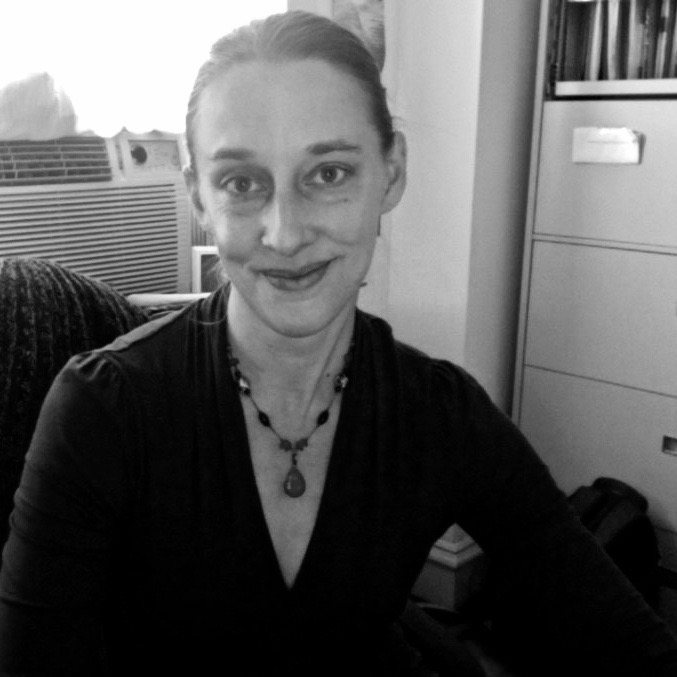“The act of writing poetry feels to me like seeking truth, finding ways to write that reveal truths even I may not have known before the poem came to be …”
Lea Marshall, Associate Chair of the dance department at Virginia Commonwealth University’s School of the Arts, meshes her creativity in the fields of both dance and creative writing. With a BA in English from the University of Virginia and an MFA in Creative Writing – Poetry from VCU, Marshall’s writing has appeared in Thrush, Unsplendid, Delware Poetry Review, and a myriad of other literary publications. Along with her career in dance and arts administration, Marshall is also a freelance writer for Dance Magazine, Dance Teacher, Pointe, and is a dance critic for Richmond-based arts and culture publication Style Weekly. Marshall is a two-time contributor toBroad Street, featured in both “Dangerous Territory” and “Bedeviled.”
You can read Lea’s poem “13 Months” online here. Her memoir-essay “The Dance Vanishes / The Poem Remains” is here.
***********************************
Broad Street: Lea, what role does truth play in your writing?
Marshall: The act of writing poetry feels to me like seeking truth, finding ways to write that reveal truths even I may not have known before the poem came to be – truth in images, between lines, in the resonance between words adjacent and words that call to each other across the poem.
How does honesty in storytelling translate to your voice as a poet and essayist?
I think honesty resides in voice – whether in a poem, story, or essay, is the voice clear? And regardless of whether it murmurs, shouts, weeps, laughs – is it audible, discernible to the reader? This doesn’t necessarily mean that the voice tells the truth, but that through it truth is revealed.
How do you determine something is worth writing about?
If an idea rattles around in my head for long enough, or if it springs into my mind suddenly, I write about it. Then I read what I’ve written, and if it sings, then it feels worthwhile.
What do you find most challenging about writing the truth?
Knowing what the truth is.
What advice do you give to aspiring creative nonfiction writers and where did you learn that tip?
I honor the power of language in shaping how we interact with each other and our culture, and the critical importance of wielding it both creatively and responsibly, with awareness and humility in the face of that power. I’ve learned this through my own practice of reading and writing, and through rigorously examining the ways language has shaped my world and my life.
True stories, honestly.









